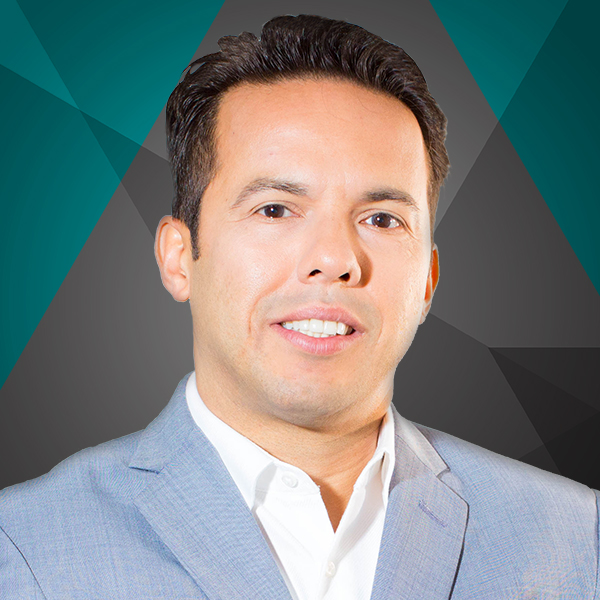SACRAMENTO, Calif. — Rev. Dr. Samuel Rodriguez, President of the National Hispanic Christian Leadership Conference, issues the following statement:
“The Supreme Court has dominated the national conversation this week and rightly so. In NIFLA v. Becerra, the court put a stop to an abuse of state regulatory powers which required pro-life pregnancy centers to inform their patients of the availability of abortion providers, even when this violated their sincerely held religious beliefs. This ruling restores every Californian’s First Amendment rights and for Christians, the freedoms that undergird our ability to proclaim the Gospel without fear of government reprisal or intimidation.
“The past week’s events also underscore the profound importance of Justice Kennedy’s upcoming retirement. Kennedy’s replacement will help shape the direction of the court, and therefore issues related to religious liberty and other pro-life causes, for years and even decades to come. I have confidence given this administration’s pro-life track record that Justice Kennedy’s replacement will help return the abortion question back to the states where it belongs. May God protect and guide our nation in all civility, wisdom and peace throughout the upcoming appointment process.”
###
Rev. Samuel Rodriguez is president of the National Hispanic Christian Leadership Conference, executive producer of The Impossible with 20th Century Fox, and bestselling author of “Shake Free” which releases nationwide on May 22, 2018. He has been named by CNN and Fox News as “the leader of the Hispanic Evangelical movement” and TIME Magazine nominated him among the 100 most influential leaders in America.
The National Hispanic Christian Leadership Conference is recognized and identified by Time Magazine, New York Times, The Wall Street Journal, Christianity Today, Charisma Magazine, NBC, Telemundo, Univision, Fox News and CNN as America’s largest and most influential Hispanic/Latino Christian organization with 40,118 certified member churches in the United States and chapters in Latin America.

